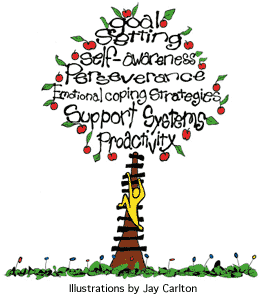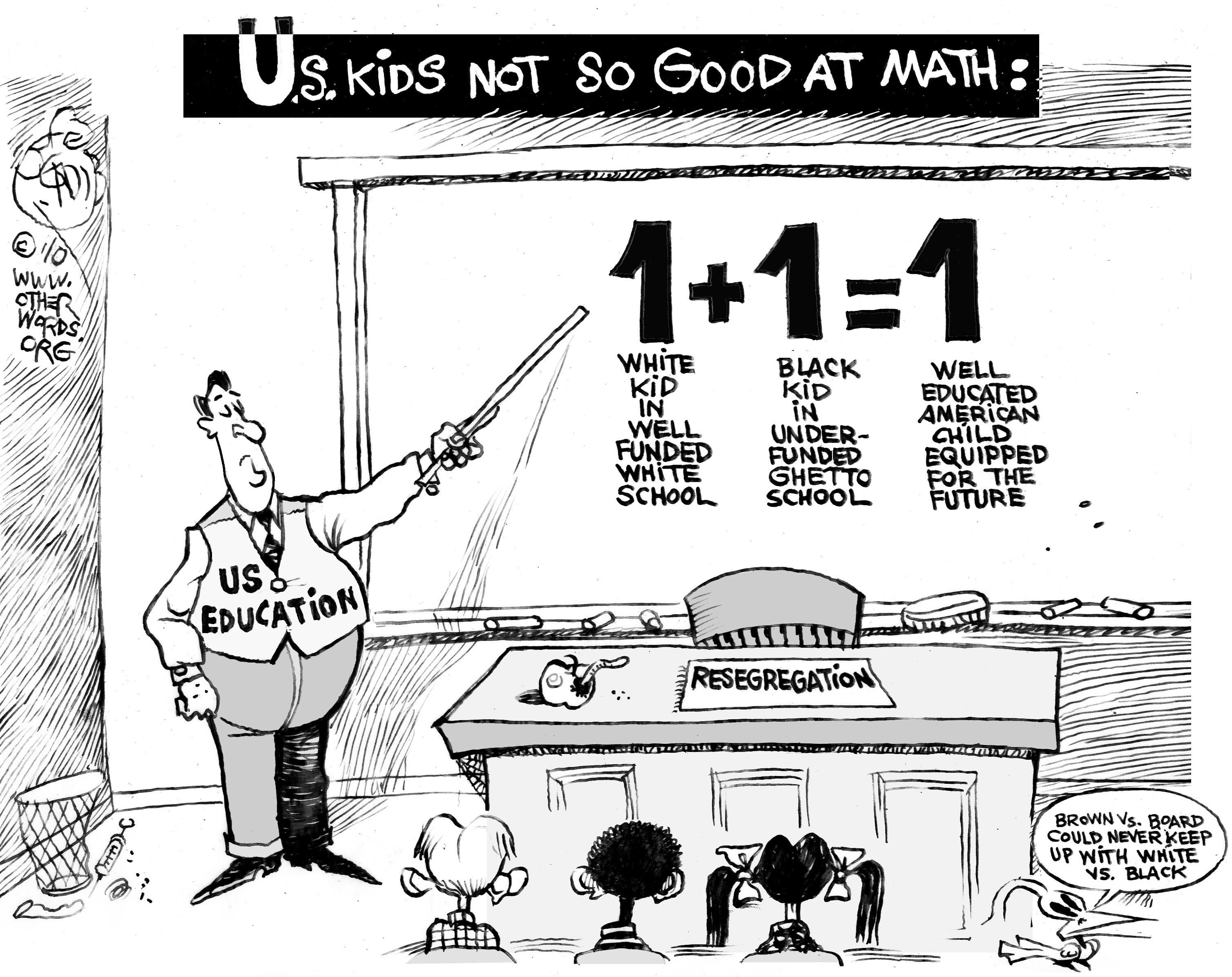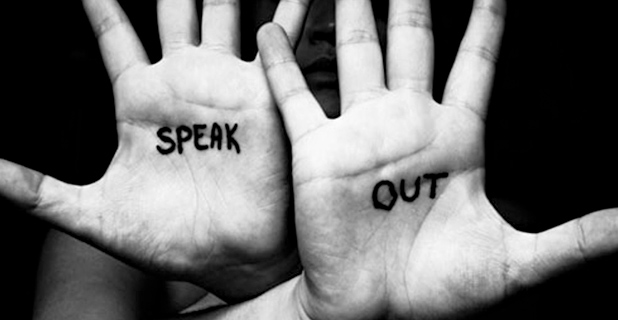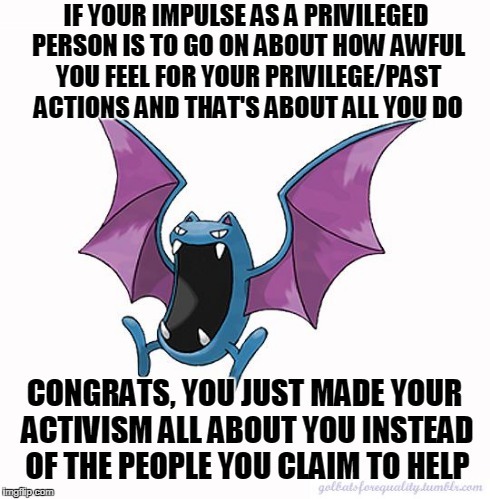"If the aim of intellectual memory training is to form the intelligence rather than to stock the memory, and to produce intellectual explorers rather than mere erudition, then traditional education is manifestly guilty of grave deficiency." (pg. 12)
This quote came from Jean Piaget, who I just studied in my psychology class. Piaget's theory on cognitive development is amazing! Even back in his time, Piaget was against traditional schooling. He claimed that learning was not memorizing facts, but instead, learning comes from experience. Piaget believed that traditional learning lacked knowledge. In my service learning, my fifth grade class struggles with some of the basic concepts, including reading simple words. Their teacher is very authoritarian and imposes order and expects obedience. The students are also forced to learn information that is not interesting to them. I always feel bad because anybody can just tell based on their body language that these fifth graders would rather be somewhere else. As future educators, we need to avoid forcing our students to shove information that they can care less about in their heads. Instead, we need to keep our lessons interesting so that our students maintain their enthusiasm in learning.
"Participation is the most important place to begin because student involvement is low in traditional classrooms and because action is essential to gain knowledge and develop intelligence." (pg. 17)
Throughout the article, Ira Shor, emphasizes on how important it is to have students start the conversations and develop ideas, instead of the teacher just lecturing them the entire time. This quote reminds me so much about our class and how part of our grade is just participating. I have learned so much from this class from just hearing my peers talk. Like Shor did with her classes, our teacher does not tell us about her ideas until after we are all finished talking. If our class was more traditional, we currently wouldn't be having this strong bond with one another. I found this interesting article on the benefits of participating in a class.
"As conscious human beings, we can discover how we are conditioned by the dominant ideology." (pg. 22)
This quote was explained by Paulo Freire. He explains that as young children, we do not know that we are conditioned to act a certain way depending on people and places. As we get older, we discover that we were conditioned and try to break out of it, but old habits die hard. Last week, our teacher gave us worksheets that looked like a quiz/test that we had to complete in a limited amount of time. Instead of throwing the papers at our teacher and being resistant (which was actually how our teacher wanted us to react) we all completed the assignment and some of us even developed anxiety while working on them (myself included). This "experiment" that our teacher did just shows that there comes a point in time where it is too late to break out of something that you have been conditioned to do your whole life. Discovering how we are conditioned to act a certain way involves some heavy critical thinking.
"Students learn that education is something that they have to put up with, to tolerate as best as they can, to obey, or to resist." (pg. 26)
If students are dreading to go to school, then their teachers are not doing their jobs correctly. If students are refusing to learn just because their teachers are not doing their jobs correctly is even worse. Students should think that education is a slow learning transition from early childhood to early adulthood rather than a learning obstacle that they just have to overcome. This reminds me of the Jean Anyon study in Literacy With an Attitude by Patrick J. Finn. In Anyon's study, students who came from working class families were stuck with teachers who actually didn't know how to teach. As a result, the students were resistant towards their education. Shouldn't teachers get the hint that when their students get resistant towards learning, something needs to change about the way they teach?
"Existing orthodoxies resist change because the standard curriculum represent more than knowledge; it represents the shape of power in school and society." (pg. 34)
This quote has Lisa Delpit written all over it! In her article, The Silenced Dialogue, Delpit mentions and explains the five aspects of the culture of power. The above quote is spot on with Delpit's second aspect of the culture of power: "There are codes or rules for participating in power, that is, there is a "culture of power'". (pg. 25) Even though some of us may deny this, but we all do not like it when things change because we like to be in control and be familiar with things in our everyday lives. If the orthodoxies changed, then the culture of power would no longer exist. Whatever happened to change being a good thing?
Questions: After this class is over, what is the biggest aspect that will stick with you throughout your teaching career? Did your views of the world change while taking this class?


















